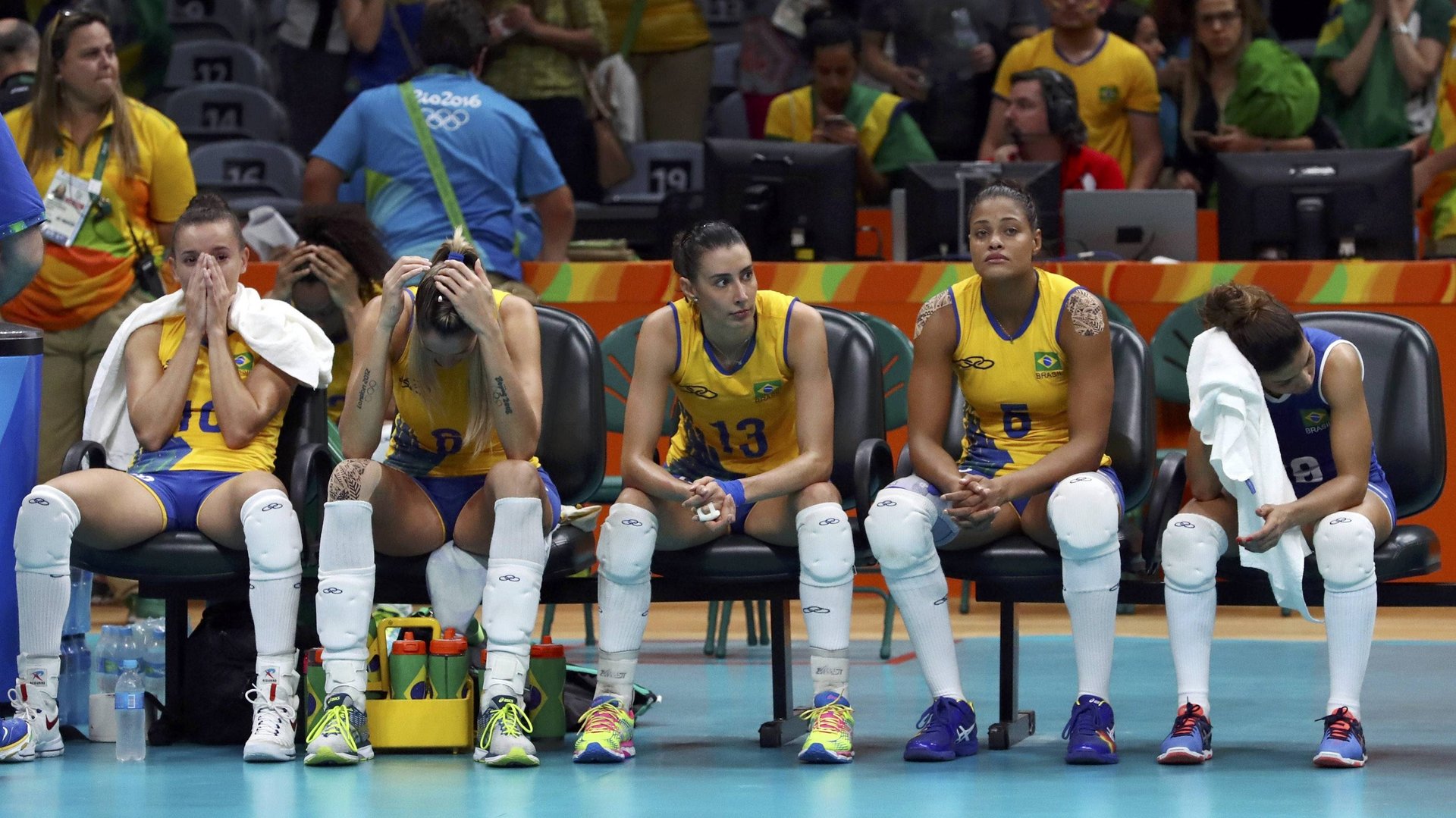For a host nation, Brazil isn’t doing too well in winning medals. (But at least it’s no Canada)
This so-called “home advantage” has been well documented at the Olympic Games.


This so-called “home advantage” has been well documented at the Olympic Games.
An analysis by FiveThirtyEight showed that host nations of the Summer Olympics increased their overall medal count by 20.1 medals and their gold-medal count by 10.9 from the previous Olympics. Home advantage is mostly down to the supportive crowd and the fact that qualification standards are lower for athletes from the host nation.
But not poor Brazil, which hasn’t been having the best of Games. Before the Games began, Brazil was confident it would enter the top 10 of the medal rankings. By comparison, Britain (population: 64 million) finished third in the London 2012 Games, while China (population: 1.4 billion) ranked first at its Beijing 2008 Games.
Brazil (population: 200 million) is ranked 15th at the moment— and with just a few days left of the games, some are wondering whether Brazil’s lackluster performance is the worst by a home nation (paywall). Not quite.
*Still in progress
While Brazil has yet to enter the top 10, the host nation has at least won some gold medals, unlike Canada, which became the first host nation to fail to win a gold medal on home soil during the disastrous 1976 Montreal Games. Mexico City’s 1968 Games and Athens in 2004 round off the bottom three of worst performing host cities, both winning just 1.7% of the medals awarded (paywall). Greece only won six golds 12 years ago.
And though Brazil’s performance has yet to meet expectations, the results of the 2016 Summer Games have been the best so far for the soccer-loving nation. Brazil’s current overall rank is its highest in Olympic history and with the sports in which Brazilians are favorites for the podium yet to reach the finals, Brazil is set to beat its Olympics record of total medals (currently 17 from the 2012 Games).
So it’s not all doom and gloom.